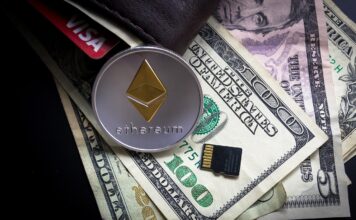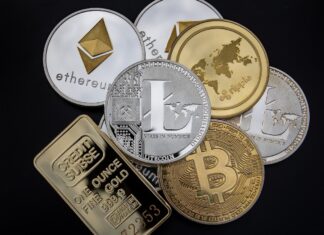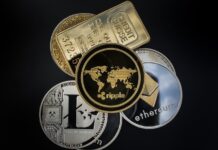Trending Now
Featured Bitcoin, Blockchain & Cryptocurrency News
Ethereum Foundation in trouble due to falling price
The Ethereum Foundation (EF) is in a difficult situation. The ongoing decline in the Ethereum (ETH) price has put the foundation's financial situation under...
Bitcoin, Solana, XRP, Ethereum, ADA – losses are piling up on the crypto market
Bitcoin and Co. slipped into the red at the start of the week. Ethereum was hit particularly hard, with ETH falling back to price...
Bitcoin price records biggest weekly decline ever – investors reduce risks
Bitcoin suffered its biggest weekly decline in US dollar terms last week, ending the week with a huge red candle while the price is...
Crypto fraud at record levels in 2024: How AI and professional networks are changing...
Crypto fraudsters stole record amounts of money in 2024 - using increasingly sophisticated methods. The use of AI also plays a major role.
Crypto fraud...






















